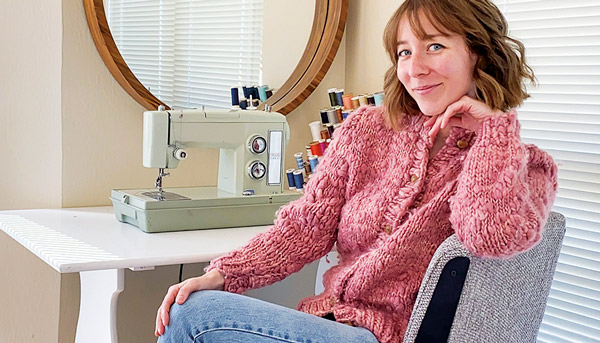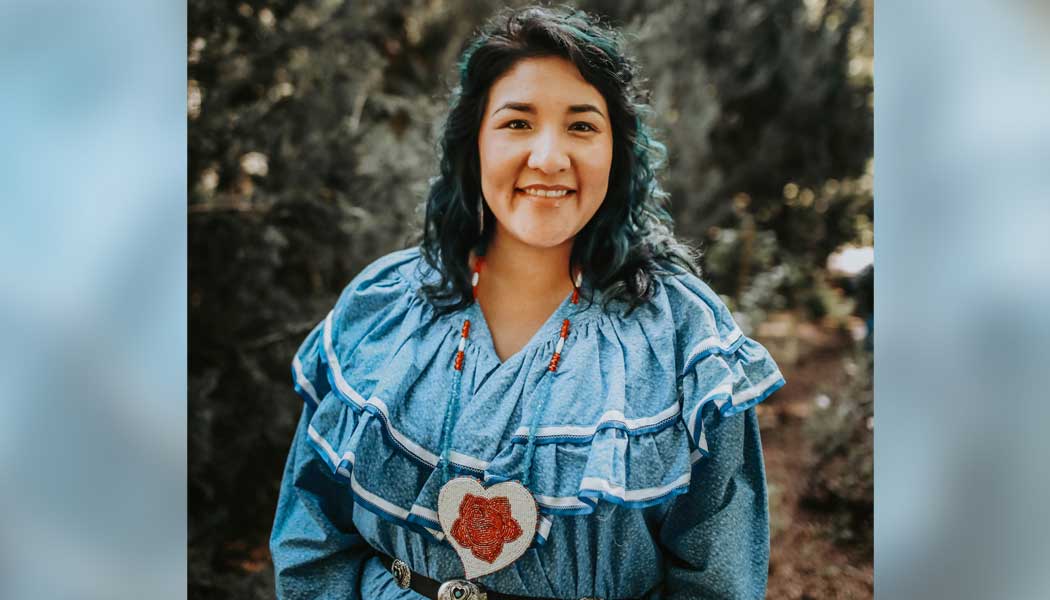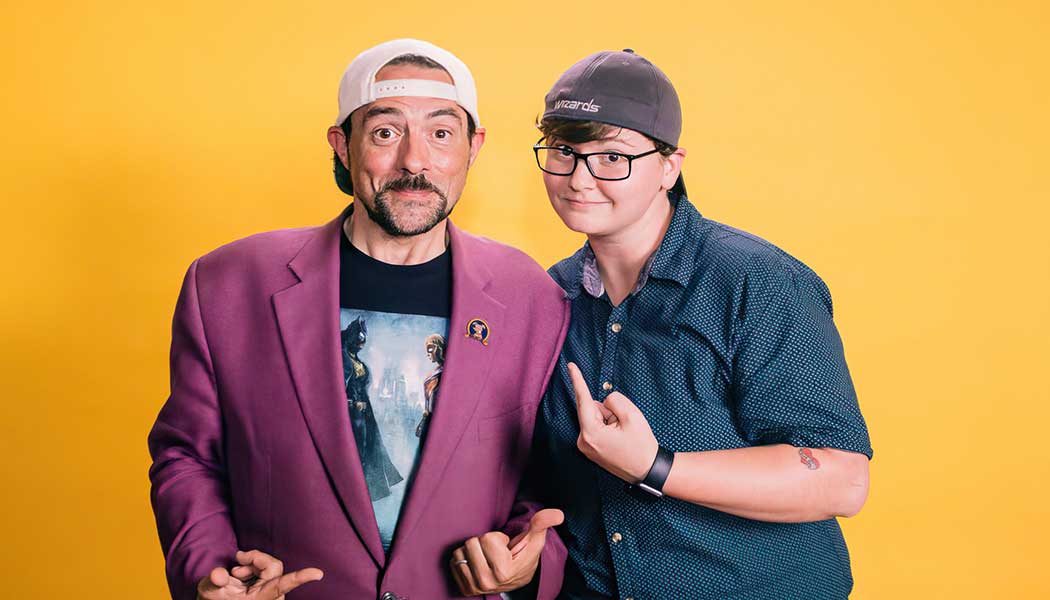Baseball exec champions vision of inclusive future
Meka White Morris named Minnesota Twins’ chief revenue officer.

When Minnesota Twins president and CEO David St. Peter introduced Meka White Morris, j’04, as the club’s first chief revenue officer, he cited her “pedigree and passion.” Morris’ passion for the work is evident in a varied career across sports and entertainment, intertwined industries now embracing technology to boost user experiences; the pedigree St. Peter referenced was a nod to her late father, basketball legend Jo Jo White, ’69.
Morris devoted her years on the Hill to studying strategic communications and competing as a sprinter on the track and field team. After graduation, she worked as an intern for the Boston Celtics. Her father had reunited with the Celtics in 2000 as director of special projects.
“Everybody needs help. Everybody needs a hand. I don’t care what you do, somebody opened a door at some level,” Morris says. “There is no shame in having somebody who cares about you open a door, but, my gosh, if they’re willing to open it, you have a responsibility to step through it and work your tail off and deliver.”
The topic is important to Morris because she now views her business success as an opportunity to inspire others. Even with a world-famous father, Morris explains, she still battled through barriers—including workplace harassment—and she hopes those who follow can see in her the evidence that they can do the same.
“That is 100% at the top of my priority list,” Morris says. “I don’t do this for the glory; I do it for the impact. This isn’t about me, and when you get to a certain level in your career, it can’t be, frankly. It’s got to be about something other than your personal trajectory. You have a stage and a platform to make an impact for all people, and that’s really my goal, but in particular with young women of color, so they have somebody to point to, to know that it’s possible.
“That wasn’t afforded me. It was hard to get here. It was hard to find champions and people to look at and mimic and understand trajectory and opportunity. And so I have not just a desire, but a responsibility—frankly, an obligation—to create a road map and a path forward for people who look like me.”
Morris built her career in sales roles with Learfield, Legends Hospitality, Live Nation Entertainment, and the Charlotte Hornets, Oakland Raiders and Cleveland Cavaliers. In March 2020 she became chief revenue officer at Tappit, a U.K.-based mobile solutions company then breaking into the U.S. sports market.
Despite the challenges of navigating COVID restrictions, Morris helped Tappit forge alliances with four pro sports franchises and a leading collegiate marketing company. Her success landed Morris on Sports Business Journal’s Forty Under 40 list and attracted the attention of the Minnesota Twins, who in August 2021 hired her as senior vice president: “[We] are excited to see,” St. Peter said, “how her innovative approach will help drive us collectively forward in the coming years.”
Morris explains that a chief revenue officer’s role is to “make sure we maintain all the ways that we make money, but also innovate and create new ways to make money.” How do fans buy tickets, interact with food and beverage concessions, and respond to marketing from the club’s corporate sponsors? Are TV and other media contracts as robust as they could be?
Even with a team as reliably consistent and popular in its home market as the Twins, legacy loyalty and even on-field success are no longer enough to assure financial success, especially during what Morris terms “shoulder periods,” when a team is not a title contender.
A particular challenge, Morris says, is attracting younger and more diverse fans, many of whom eagerly purchase tickets for “once-in-a-lifetime epic events,” yet are unlikely to attach themselves for the long haul of 81 home games.
“I’m a big believer in technology,” Morris says. “Not because it’s slick and cool and feels cutting-edge, but because the biggest thing that we need, as an industry, is data. We need to know who is in our buildings, we need to know who is buying what and when, and we need to know when certain groups are coming in and for what purpose and why other groups are not coming in. The best way to do that is through data.”
Morris joined the Twins because she’s convinced the organization is “excited about the evolution of the sport that we love.” While she hopes to be a role model to individuals, Morris also expects the Twins to do the same at the corporate level.
“And not just talking about it, but actually living out the truth of what that means, and being a model for what an inclusive, forward-thinking, diverse and technologically advanced organization can be—not just for baseball, but for sports. There’s a lot of organizations out there saying that they want that, but are they actually doing the work to have it?
“I would argue vehemently that the Twins are really putting their effort and resources where their mouth is, and it’s exciting to be a part of it. It’s exciting to see a vision for what the future can be, how we will evolve over time to get there and really set the standard for the venue and baseball experience going forward.”
Chris Lazzarino, j’86, is associate editor of Kansas Alumni magazine.
/




